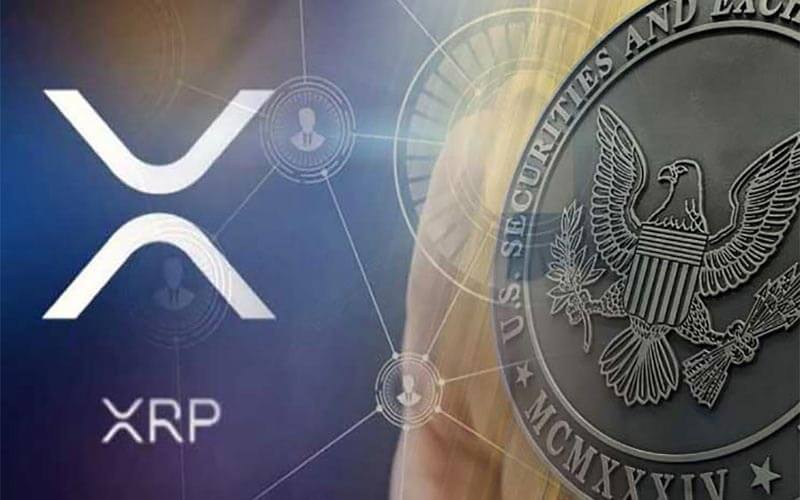Police Accountability Review: Campaigners Raise Serious Concerns

Table of Contents
Lack of Transparency and Independent Oversight in Police Accountability Reviews
Transparency is paramount in fostering public trust and ensuring accountability within law enforcement. However, many Police Accountability Reviews suffer from a significant lack of transparency, undermining their credibility and effectiveness. The absence of truly independent oversight bodies further exacerbates this problem. Internal investigations, often lacking impartiality, frequently fail to adequately address police misconduct.
- Examples of cases where lack of transparency hindered justice: The case of [insert example of a case where lack of transparency hindered justice] illustrates how opaque processes shield officers from proper scrutiny and prevent victims from obtaining justice. Similarly, [insert another example] highlights the need for more openness.
- Statistics highlighting the lack of independent oversight: Studies indicate that [insert statistic on the lack of independent oversight in police accountability reviews]. This underscores the urgent need for reform.
- Arguments for greater public access to review information: Increased public access to investigation reports, excluding sensitive information that might compromise ongoing investigations or endanger individuals, is crucial for building trust and holding police accountable.
- Suggestions for improving transparency: Implementing public hearings for serious misconduct cases, establishing independent review boards with subpoena power, and publishing anonymized summaries of investigation findings are vital steps towards greater transparency in Police Accountability Reviews.
Insufficient Punishments for Police Misconduct in Police Accountability Reviews
Current disciplinary measures for police misconduct often fall drastically short of the severity of the offenses. This disconnect between the gravity of the actions and the resulting penalties contributes to a culture of impunity and discourages ethical policing. The penalties are frequently too lenient to act as a true deterrent.
- Examples of lenient punishments for serious misconduct: [Insert example of a case with lenient punishment]. This lack of serious consequence sends a dangerous message.
- Comparison of punishments for similar offenses in other sectors: Compare penalties for similar levels of misconduct in other professions – a lack of commensurate punishment erodes public trust.
- Arguments for stricter penalties and accountability: More robust penalties, including dismissal and criminal prosecution where appropriate, must be implemented to deter misconduct and uphold the law.
- Proposals for reform, such as independent disciplinary tribunals: Establishing independent disciplinary tribunals, free from the influence of police departments, would provide a fairer and more impartial system for handling misconduct complaints.
Systemic Issues and Bias in Police Accountability Reviews
Police misconduct is not merely a series of isolated incidents; it is often rooted in systemic issues and biases within law enforcement agencies. Racial bias and other forms of discrimination significantly impact the effectiveness of Police Accountability Reviews. The disproportionate targeting of minority groups demonstrates this systemic issue.
- Statistics on disproportionate targeting of minority groups: Data consistently reveals that [insert statistics on disproportionate targeting]. This highlights a critical flaw in the system.
- Examples of bias in investigations and disciplinary actions: [Insert examples of bias in investigations and disciplinary actions]. These instances demonstrate the urgent need for systemic change.
- Recommendations for addressing systemic biases: Implementing comprehensive diversity training, promoting bias awareness programs, and establishing mechanisms for independent review of disciplinary decisions are vital steps towards tackling systemic bias.
- Discussion of the need for intersectional approaches to police accountability: Addressing systemic bias necessitates an intersectional approach, considering the overlapping and interacting forms of discrimination affecting marginalized communities.
The Role of Technology and Data in Improving Police Accountability Reviews
Technology, including body cameras, dashcams, and advanced data analytics, offers significant potential for improving police accountability. However, effective implementation and utilization are crucial. These tools must be deployed responsibly and ethically.
- Examples of how technology has improved accountability in other jurisdictions: [Insert examples from other jurisdictions]. These successes demonstrate the potential benefits.
- Challenges related to data privacy and security: Strict guidelines and protocols are necessary to ensure data privacy and security while maximizing the use of this technology.
- Discussion on the need for clear guidelines and policies for technology use in policing: Clear policies regarding data storage, access, and usage are essential to avoid misuse and maintain public trust.
- Suggestions for effective data analysis and reporting: Data analysis should focus on identifying patterns and trends of misconduct, informing targeted interventions and policy changes.
The Urgent Need for Effective Police Accountability Reviews
Campaigners' concerns regarding Police Accountability Reviews are valid and deeply rooted in systemic failures. Lack of transparency, insufficient punishments, and systemic bias severely undermine the integrity and effectiveness of these reviews. Crucially, the reform must address systemic issues and biases to promote equitable policing.
Demand better police accountability reviews; contact your representatives and advocate for meaningful change. Demand better police accountability; support organizations working to reform law enforcement. Demand meaningful accountability reviews; get involved in promoting justice and fairness in policing.

Featured Posts
-
 Wildfire Gambling A Disturbing Reflection Of Modern Society Los Angeles Focus
May 01, 2025
Wildfire Gambling A Disturbing Reflection Of Modern Society Los Angeles Focus
May 01, 2025 -
 Canh Giac Voi Cac Cong Ty Co Lich Su Lua Dao Huong Dan Dau Tu An Toan
May 01, 2025
Canh Giac Voi Cac Cong Ty Co Lich Su Lua Dao Huong Dan Dau Tu An Toan
May 01, 2025 -
 Little Tahiti Italy Your Guide To A Dreamy Beach Escape
May 01, 2025
Little Tahiti Italy Your Guide To A Dreamy Beach Escape
May 01, 2025 -
 Analyzing Xrp Ripple At Under 3 Buy Or Sell
May 01, 2025
Analyzing Xrp Ripple At Under 3 Buy Or Sell
May 01, 2025 -
 Kampen Start Kort Geding Tegen Enexis Duurzame School Zonder Stroom
May 01, 2025
Kampen Start Kort Geding Tegen Enexis Duurzame School Zonder Stroom
May 01, 2025
